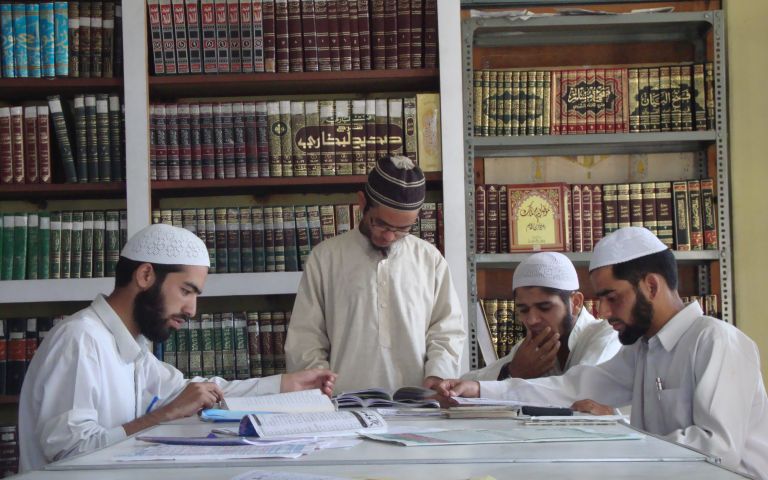For nearly 700 years, the Sufi tradition of Islam has entrenched itself at the center of cultural and spiritual life of Indian-controlled Kashmir, combining the rich cultural influences of other ancient traditions with its eclectic emphasis on tolerance and peaceful coexistence. But today this gentler form of Islam is faced with a challenge for its very survival from a much more doctrinaire version of Islam preached in Saudi-inspired Wahhabi madrasas and mosques.
In the last few years, Wahhabist preachers have spread across Kashmir, calling for Islam to be returned to its purest form. They now boast of 1.5 million followers out of a population of nearly 8 million.
The rise of this dogmatic faith has raised a host of fundamental questions. Is Kashmir headed the way of Pakistan and Afghanistan, where the Islamic radicalism has fueled a nihilistic ideology of settling disagreements through violence? Does its rise mean the end of Kashmir’s largely nationalist struggle for freedom from Indian rule and the complete dominance of Pakistan-based jihadists whose earlier attempts at hijacking Kashmir’s indigenous struggle fell flat? How might Sufis beat back this onslaught in an age of globalization, free travel, and religious satellite channels constantly beaming in a stream of foreign cultural prejudices? Will Kashmir’s unique identity survive in this turbulent neighborhood? Or will Sufism soften this hard faith, too, and tame its dogmas and thus serve as a lesson to the larger region awash in Islamic radicalism?




